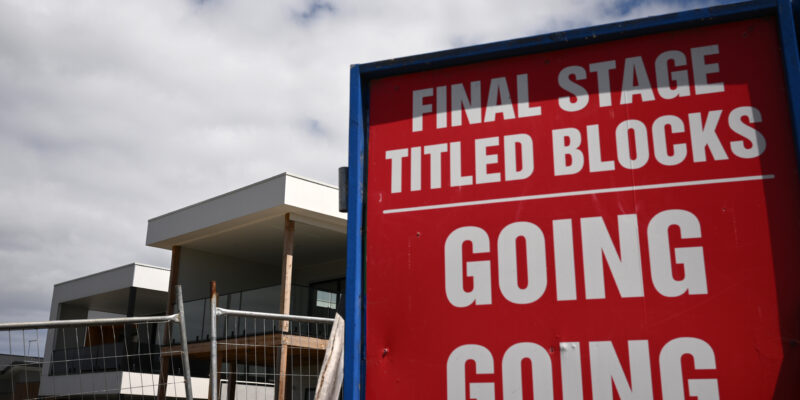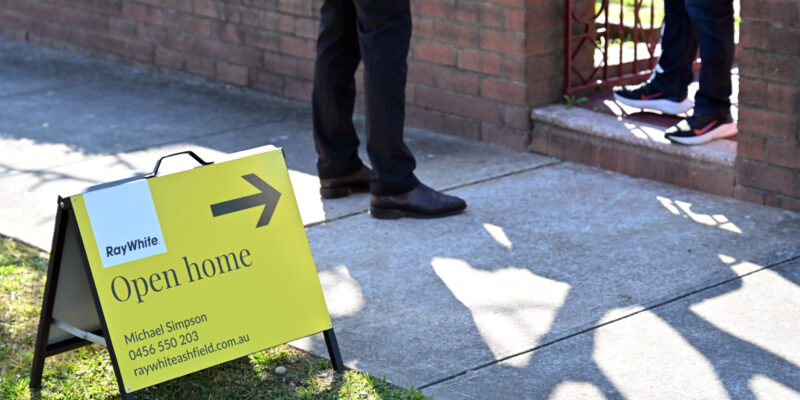Will policymakers scrap stamp duty to boost productivity?
Economists say scrapping the property purchase tax should be high on the agenda on the back of the government's Productivity Roundtable.

A growing chorus of economists want to scrap stamp duty, replacing it with a broad-based land tax.
Ray White’s Nerida Conisbee is one of the loudest voices calling for change to the current system.
“With stamp duty reform under discussion at the current Economic Reform Roundtable, it’s worth examining why this makes sense yet remains so politically challenging,” said Conisbee.
“The case for change is compelling: stamp duty creates a $50,000-plus barrier that keeps retirees in oversized homes and young families cramped in apartments.
“Reform would deliver better housing mobility, more efficient markets, and stable government revenue.”
“Keeping a home vacant, without a tenant, becomes more costly,” said the property group’s chief economist.
Though Conisbee admits there are significant risks, including the fact that removal of the transaction cost could fuel ‘dangerous property bubbles’
“New Zealand’s pandemic experience shows how quickly speculation can spiral without stamp duty acting as market friction,” Conisbee said.
Domain’s chief economist Dr Nicola Powell agrees that the much-maligned tax has to go.

“It’s hard to find an economist who will defend stamp duty,” Powell says.
“Stamp duty is widely recognised as one of the most damaging taxes in Australia, distorting housing decisions, penalising mobility, and locking people out of home ownership.”
The numbers back her up. In Sydney, stamp duty has jumped from 45 per cent of annual income in 2000 to 120 per cent in 2024.
“What was once a relatively manageable upfront expense is now a significant barrier,” she says.
It’s not just homebuyers who suffer. Stamp duty discourages people from moving for work.
“It weakens productivity,” Powell adds. “Workers are less likely to move to where their skills are most needed.”
For every $1 raised in stamp duty, 70 cents of potential activity is lost. A land tax? Less than 10 cents.
So why hasn’t it happened?
The answer is politics.
Abolishing stamp duty could make it cheaper for those to move across different housing and the introduction of a broad-based land tax would raise costs for those who owned more land, Cotality’s Eliza Owen said.
“It’s politically unpopular but has broad consensus among economists that it would help us achieve a more efficient housing market,” said Owen.
NSW tried an opt-in land tax for first-home buyers, but that was scrapped in 2023.
Victoria is now offering big stamp duty concessions for off-the-plan buyers. A $620,000 apartment could save buyers around $28,000.
But these are short-term fixes, and Powell says real reform needs federal support.
The UK is considering scrapping stamp duty and the ACT has shown it can work. The question now is whether other states will follow.






